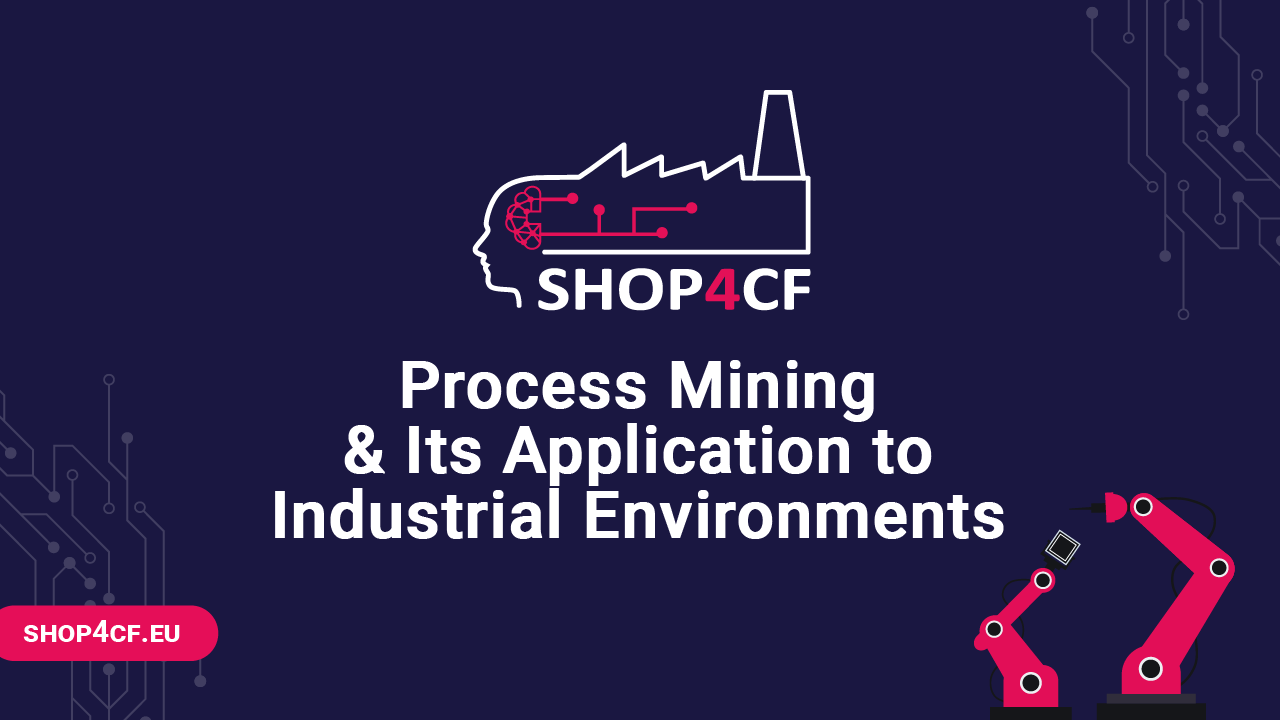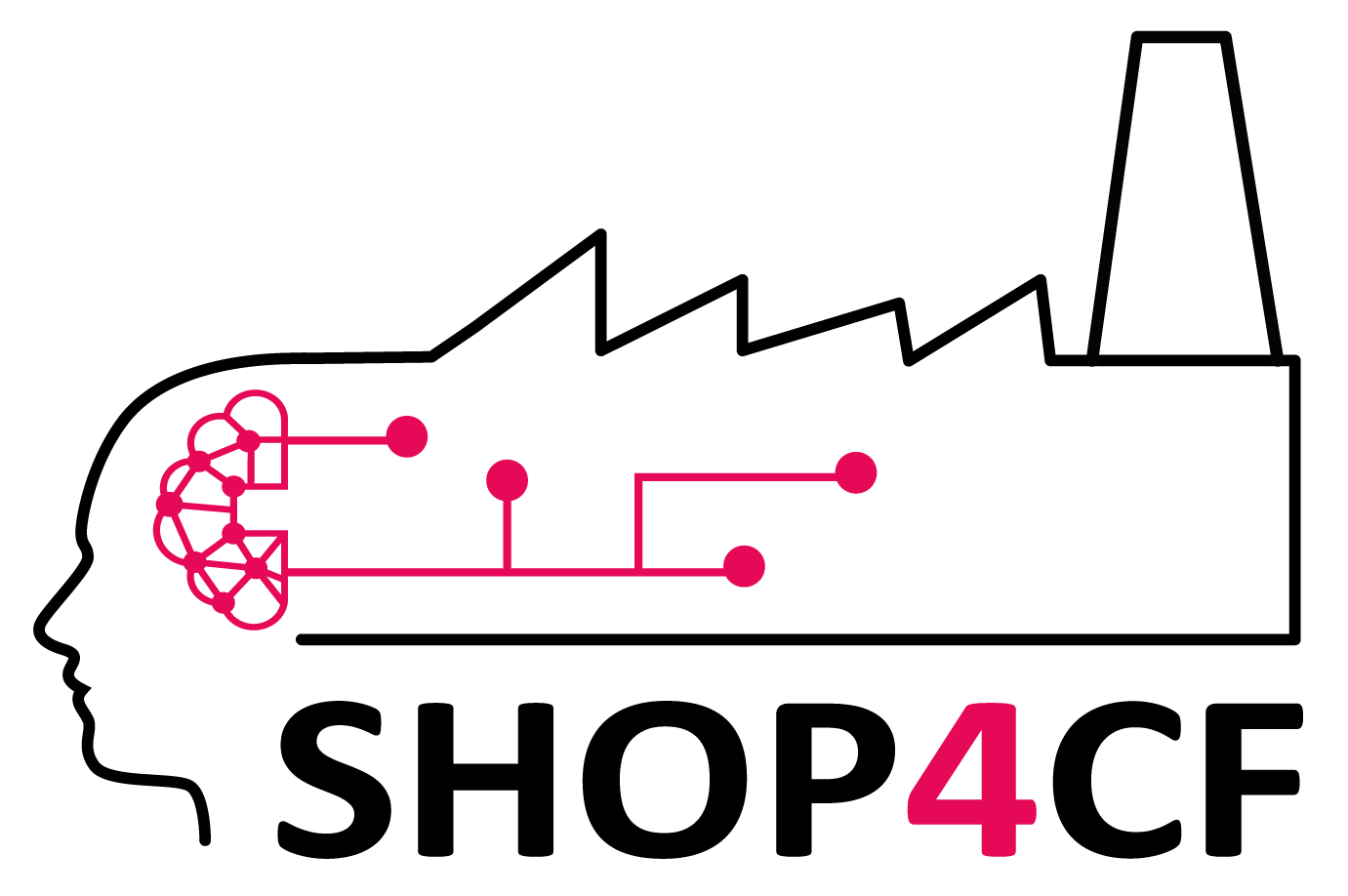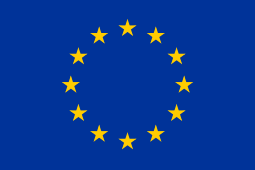Process Mining & Its Application to Industrial Environments
SHOP4CF

About This Course
Process mining is a technique that reconstructs the workflows of organizations from the information that the logs and information system databases collect.
By reconstruction, we mean a visualization of the workflow, in the form of sequences of connected activities that indicate the direction of the process as it progresses
In this course you will learn in depth what process mining is, and how it can be applied in industrial environments.
You will be able to understand the basic concepts of process mining, how it can be applied in practice, the challenges that you can expect and how to overcome them, and the type of results you can expect from this type of initiative.
In addition to this you will learn:
How to approach a process mining project
How to identify and prepare the needed data
What analysis methods you can apply
How to build dashboards based on your analysis.
You will also have the opportunity to explore some practical applications for manufacturing and industrial operations through an in depth presentation of several real life case studies.
Course Structure
The course structure is designed to follow the typical steps of a process mining project.
It starts with an overview of what the discipline is and its basic concepts to lay the foundation for the rest of the course.
You will then learn how to apply process mining the general methodology used in these types of projects.
Together with this we will describe the most common applications, and the challenges that you are bound to encounter when approaching a process mining initiative, and how to overcome them.
From here on, the course follows the different phases of a process mining project, and how they are applied:
Data preparation, where we analyse the different data sources and identify how it can be used to create a coherent view of the execution of the process. We will also discuss what happens if there are gaps in the data and different options to overcome these
Process analysis, where once we have mined the process data, we analyse the performance of the process. Here we will show different methods of analysis and how to identify improvement opportunities
Monitoring and dashboarding, where based on the analysis of process execution, we describe the different types of dashboards we can use to supervise performance
Finally, we will present several case studies of how process mining has been applied in industrial environments, which will include the discussion of the approach, the challenges, and the results obtained
Contents
Introduction to process mining
Process Mining Applications and challenges
Data requirements and preparation
Data analysis methods
Process monitoring and dashboards
Case Studies in industrial environments
Goals
-

Learn what process mining is and how it can add value in an industrial environment.

Define the data models to generate the most value from process mining. Data extraction and transformation strategies.

How to set up and manage a process improvement project using process mining.
Course staff
-
<>
-
Gonzalo Martin - CEO
/I. Overview/ Has developed his more than 30 years of career in different international consulting firms and in senior management positions in digital consulting firms. He works on the data revolution in process management and continuous improvement with big data, artificial intelligence and process mining techniques. Linkedin: https://www.linkedin.com/in/gonzalomartintalcrudo/
-
<>
-
Alejandro Ramos Soto - Chief Scientific Officer.
/I. Overview/ Entrepreneur and researcher in Computer Science, mainly interested in fuzzy sets theory, natural language generation in its data-to-text specialization, and business process analytics. Linkedin: https://www.linkedin.com/in/alejandroramossoto/
-
<>
-
John Wallace - Head of Business Development.
/I. Overview/ Over 30 years’ experience in Consulting and IT in large multinational firms. He has been involved in, and led consulting and IT transformation projects and has helped clients leverage technology to solve complex business issues. Linkedin: https://www.linkedin.com/in/alejandroramossoto/
-
<>
-
Sofía Martín Gonzalez - Manager.
/I. Overview/ PhD in applied physics by the Universidad Complutense. Over 10 years experience, including working with companies and government agencies in European R&D projects and managing consulting projects. At Inverbis she has led process improvement initiatives and PoCs in a wide variety of environments. Linkedin: https://www.linkedin.com/in/sofiamartingonzalez/
-
<>
-
Alberto León Muñoz - Consultant.
/I. Overview/ Industrial Engineer by the University of Zaragoza and Masters in Big Data Management by the Universidad Europea Miguel de Cervantes. Experience in consulting and project management for large companies in the industrial sector. At Inverbis he is part of the consulting, ETL, and analysis team. Linkedin: https://www.linkedin.com/in/alberto-le%C3%B3n-mu%C3%B1oz-74a89b215/
-
<>
-
Pablo Vázquez López - Consultant.
/I. Overview/ Industrial Technology Engineer from the University of Coruña with a master 's degree in Industrial Engineering from the UDC. Experience in consulting and computing for cognitive robotics in a research company and in consulting, analytics and data visualization tasks. In Inverbis he is part of the consulting and analysis team. Linkedin: https://www.linkedin.com/in/pablo-v%C3%A1zquez-345b18195/
Frequently Asked Questions
What web browser should I use?
The Open edX platform works best with current versions of Chrome, Edge, Firefox, Internet Explorer, or Safari.
See our list of supported browsers for the most up-to-date information.

